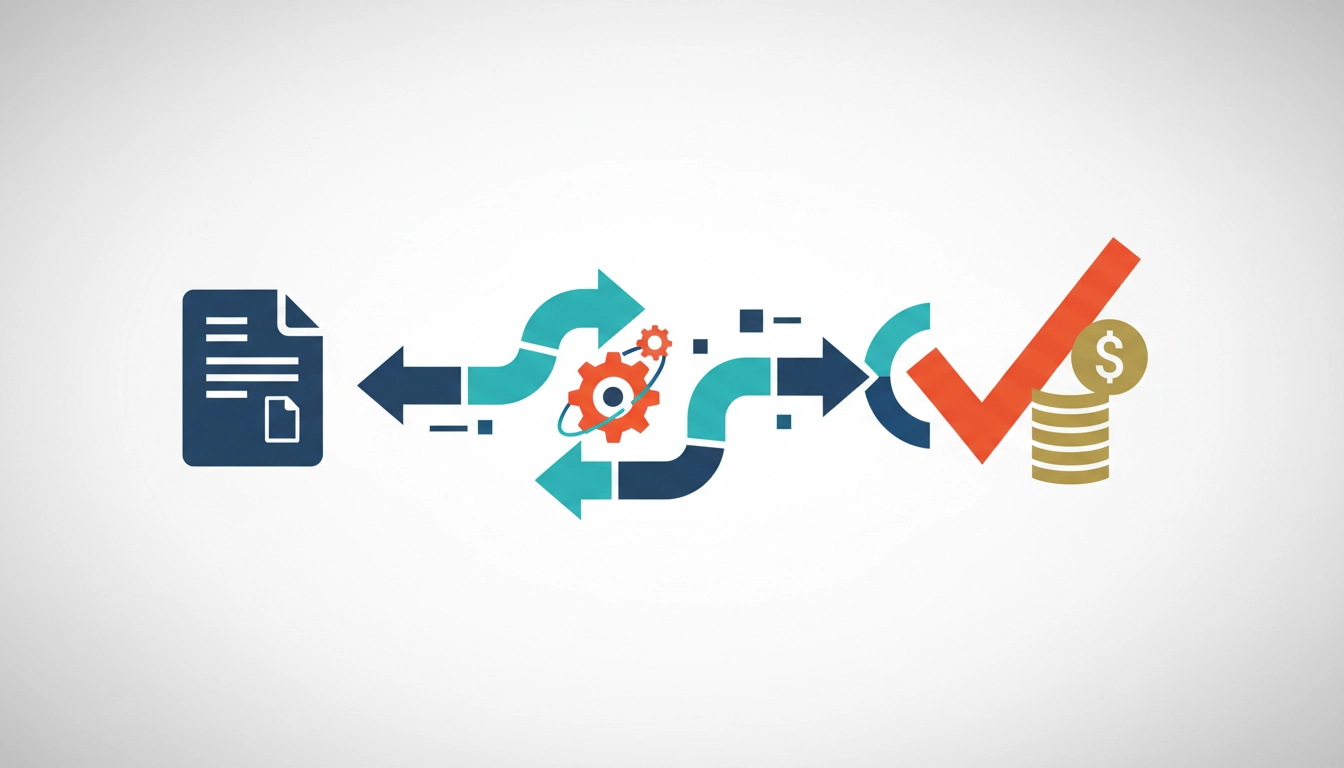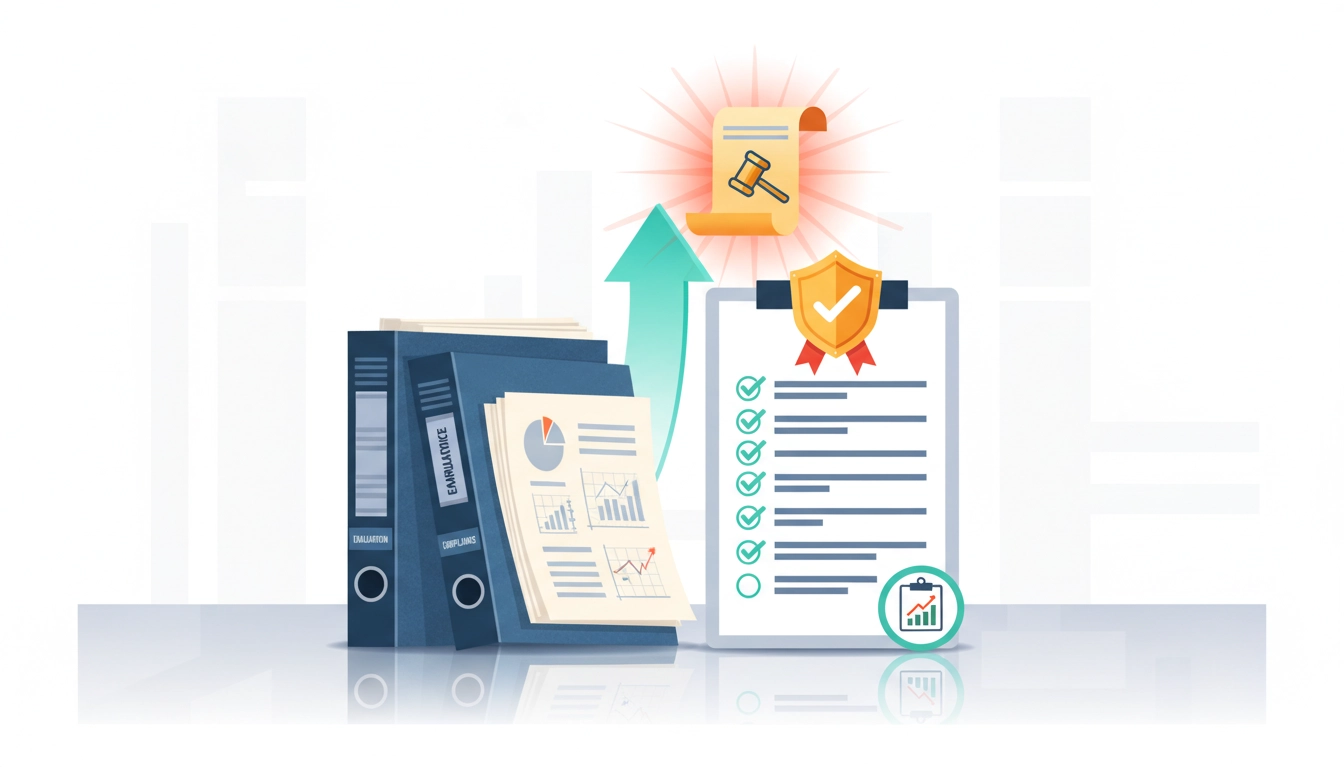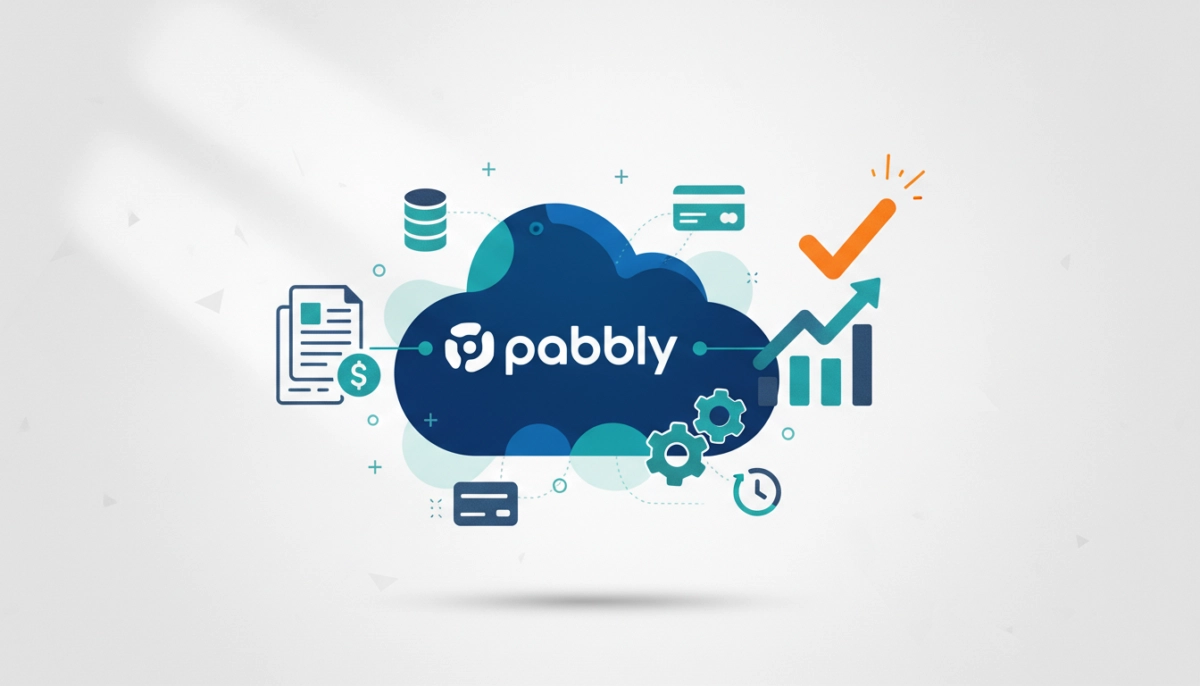2025 buyer’s guide: choose the best invoicing software in South Africa
How we evaluated billing and invoicing tools in 2025
This software buyers guide compares billing and invoicing tools through a small business lens: transparent pricing, core invoicing tools, billing automation, basic online accounting features, and integrations that help you manage invoices end‑to‑end. We also weighed ease of setup, support, and the overall user experience.
Essential features to manage invoices and track invoice status
- Quote/estimate to invoice workflows and customizable invoice template options
- Recurring invoices, reminders, and late fee policies
- Online invoice payments and client portals
- Expense tracking and basic reports (P&L, cash flow)
- Integrations with payments, CRM, and accounting
Pricing, free trial, and “total cost to run your business”
When you choose the best invoice software, look beyond the sticker price: add payment processing fees, required add‑ons, user seats, and any limits on clients or invoices. Free trials help you find the best software for your workflows.
Local needs in South Africa: VAT, ZAR, popular gateways
- VAT readiness with correct tax rates and settings
- Full ZAR currency support and multi‑currency (if you bill abroad)
- Card payments and instant EFT via commonly used local gateways (confirm availability during trials)
Who each software fits: invoicing software for small business vs freelancers
Different software solutions in South Africa fit different teams: freelancers often want speed and simplicity; agencies value time tracking, retainers, and project billing; product businesses may need inventory and deeper accounting. If you’re moving off manual templates, see the benefits of using invoice software vs invoice templates.
Invoice Crowd: flexible invoice software and billing for small business
Who it’s for: invoicing software for small business and freelancers
Invoice Crowd is a modern online invoicing software and accounting software built for service businesses, digital agencies, solopreneurs, and freelancers that want an integrated billing and accounting software solution.
Standout invoicing tools: recurring, partial/split payments, late fees
- Create invoices and estimates with branded templates (features hub)
- Automate recurring billing and subscriptions (recurring)
- Offer partial/split payments and apply late fees (split payments, late fees)
From estimate to invoice: faster approvals and cash flow
Use packages to pre‑build services (packages) and convert approvals to invoices in a click to automate invoicing and speed cash collection. A client portal keeps everything in one place (customer portal).
Accounting features and reports small business owners need
Track expenses and run P&L or other reports to stay on top of numbers (expense tracking, reporting).
Payments and portals: a better client billing experience
The software allows multiple payment methods (payment gateways) and includes a proposal builder for smoother sign‑offs (proposal builder). This software provides streamlined invoice management and software makes it easier to stay on top of billing.
QuickBooks Online: accounting software with strong billing and invoicing
Who it’s for: small businesses needing accounting plus invoicing
QuickBooks Online is established online accounting software that combines invoicing with an accounting system suitable for many small businesses.
Invoicing tools and templates: send, track invoice, and get paid
- Customizable invoice templates with GST/VAT settings
- Recurring invoices and payment reminders to streamline the invoicing process
Integrations and online accounting benefits
Its ecosystem supports apps for inventory, payroll (plan/region dependent), and other accounting tasks. If you’re comparing options, see QuickBooks alternatives for broader context.
Pros and cons vs lighter invoicing software
You’ll get robust reports and compliance features, but it may feel heavier than simple invoicing tools. QuickBooks Desktop is an accounting tool many know; QuickBooks Desktop is an accounting software, while QuickBooks Online is the cloud option for modern billing.
Xero: online accounting software with automated invoice features
Who it’s for: growing small businesses and agencies
Xero is an online accounting software known for clean UX and strong cloud accounting benefits.
Invoicing and billing: from quotes to online invoice payments
- Custom invoice template options, recurring invoices, and automated reminders
- Quotes that convert to invoices and online payments
Reporting, bank reconciliation, and cloud accounting advantages
Well‑known for bank feeds and reconciliation, with multi‑currency on higher plans and a broad app marketplace. For payment trends to watch, explore the future of business payments.
Pros and cons: pricing and feature depth
Feature depth suits agencies and contractors who want to automate invoicing, though pricing tiers and add‑ons can increase costs as you scale.
Zoho Invoice: free online invoicing software for small businesses
Who it’s for: freelancers, consultants, micro-businesses
Zoho Invoice is a free online invoicing software option ideal for solo pros and small teams prioritizing elegant invoices and basic billing.
Invoicing tools: estimates, time, expenses, templates
- Professional templates, estimates, and time tracking
- Expense capture that flows into invoices
Payments and client communication
Client portals, reminders, and online invoice payment options help businesses reduce back‑and‑forth and get paid faster.
Pros and cons: free plan scope vs accounting needs
Great for core invoicing tools; for full accounting, you may need Zoho Books. If you’re moving off manual files, compare with why invoice software beats templates.
FreshBooks: invoicing and accounting software designed to simplify billing
Who it’s for: agencies, creatives, contractors
FreshBooks is accounting software designed to simplify billing for service‑based teams that bill time and projects.
Invoicing and billing workflows that save time
- Estimates‑to‑invoice, retainers, and proposals
- Time tracking and management software with built-in project features
Accounting features and reports for small business owners
The software makes it easy to manage invoices, track expenses, and run simple reports. For deeper cost control, see the ultimate guide to expense tracking.
Pros and cons: usability vs cost
Polished and intuitive, but pricing tiers and certain add‑ons can increase the total cost as your needs grow.
Sage Business Cloud Accounting: software in South Africa built for VAT
Who it’s for: SMEs needing local compliance and support
Sage has deep roots in South Africa (Pastel heritage) and offers software in South Africa that emphasizes VAT readiness and local reporting.
Invoicing and billing: quotes, invoices, and VAT-ready tax
- Quotes and invoices with tax settings aligned to South African VAT
- Bank feeds and reconciliation to streamline online accounting
Reporting and accounting features for South Africa
Compliance‑oriented reports and tools make it a contender for teams seeking the best accounting software with local support.
Pros and cons vs lighter invoicing tools
Strong on accounting software designed to help with compliance; lighter tools may be faster for simple billing. If you’re deciding on deployment, read about cloud vs traditional accounting.
Invoice Ninja: open‑source invoicing solution with robust payment options
Who it’s for: technical teams and agencies
Invoice Ninja is an invoicing solution available in the cloud or self‑hosted, appealing to developers and agencies that want control.
Invoicing system: recurring, quotes, reminders, online invoice
- Recurring invoices, proposals/quotes, and client portal
- Software automatically sends reminders and manages follow‑ups
Payments and integrations
Multiple payment gateway options and integrations give flexibility, especially if you have custom needs.
Pros and cons: flexibility vs DIY complexity
Powerful and configurable, but self‑hosting introduces setup and maintenance. If you’re leaving spreadsheets, start with why switch to professional invoicing software.
Invoicely: lightweight billing software to manage invoices and estimates
Who it’s for: freelancers and micro-businesses
Invoicely is straightforward, budget‑friendly billing software for side businesses and freelancers.
Billing and invoicing: estimates, invoices, payment links
Quick setup with clean templates and essential invoicing tools. The billing software lets you send invoices, create estimates, and accept basic payments.
Pros and cons: simplicity vs advanced accounting features
Great for getting invoices out fast; not designed for deep accounting. For faster collections, check 10 tips to get paid faster.
PayPal Invoicing: simple online invoice and payment experience
Who it’s for: freelancers with international clients
PayPal Invoicing is practical when you need a recognizable brand for cross‑border payments and a combined invoicing and payment flow.
Invoicing and payment: branded online invoices and links
Create a branded online invoice, send a link, and let clients pay by card or wallet in minutes.
Considerations for South African businesses (availability, fees)
Feature availability, fees, and withdrawals can vary by region—confirm specifics with your bank before committing. For smoother collections, see dos and don’ts of client communication.
Wave: free invoicing software with basic accounting features
Who it’s for: cost-conscious small businesses
Wave offers free invoicing software with core billing for very small teams that are just starting.
Invoicing and billing: templates, recurring, reminders
- Professional templates, recurring invoices, and reminders
- Estimates and receipt scanning to help organize expenses
Accounting features and limitations by region
Basic accounting features are included, though payments are region‑limited. You can still track invoice activity worldwide. For cash flow tips, read managing your cash flow.
Conclusion: how to find the best software for your business in 2025
Shortlist and test: ensure the software fits your invoicing process
To pick the best invoicing software, start with your budget and the billing work you want to automate (recurring, retainers, approvals). Shortlist two or three tools and use free trials to ensure the software matches how you invoice.
Key differences: invoicing and accounting depth, automations, and payments
- Depth of accounting vs “just invoicing”
- Automations, reminders, and client portals
- ZAR, VAT, and payment methods that fit your customers
Next steps: try demos/free trials and pick the right invoicing software
For small businesses in Africa, an accounting software that helps you automate billing can reduce admin and errors—good software ensures accuracy and predictable cash flow. Learn more about moving off spreadsheets here, tighten spend control with this guide, and see how automation adds value here. If you want a clean invoicing and accounting solution with proposals, recurring billing, and client portals, consider trying Invoice Crowd—the software makes it easier to get paid on time and streamline your invoicing process.



